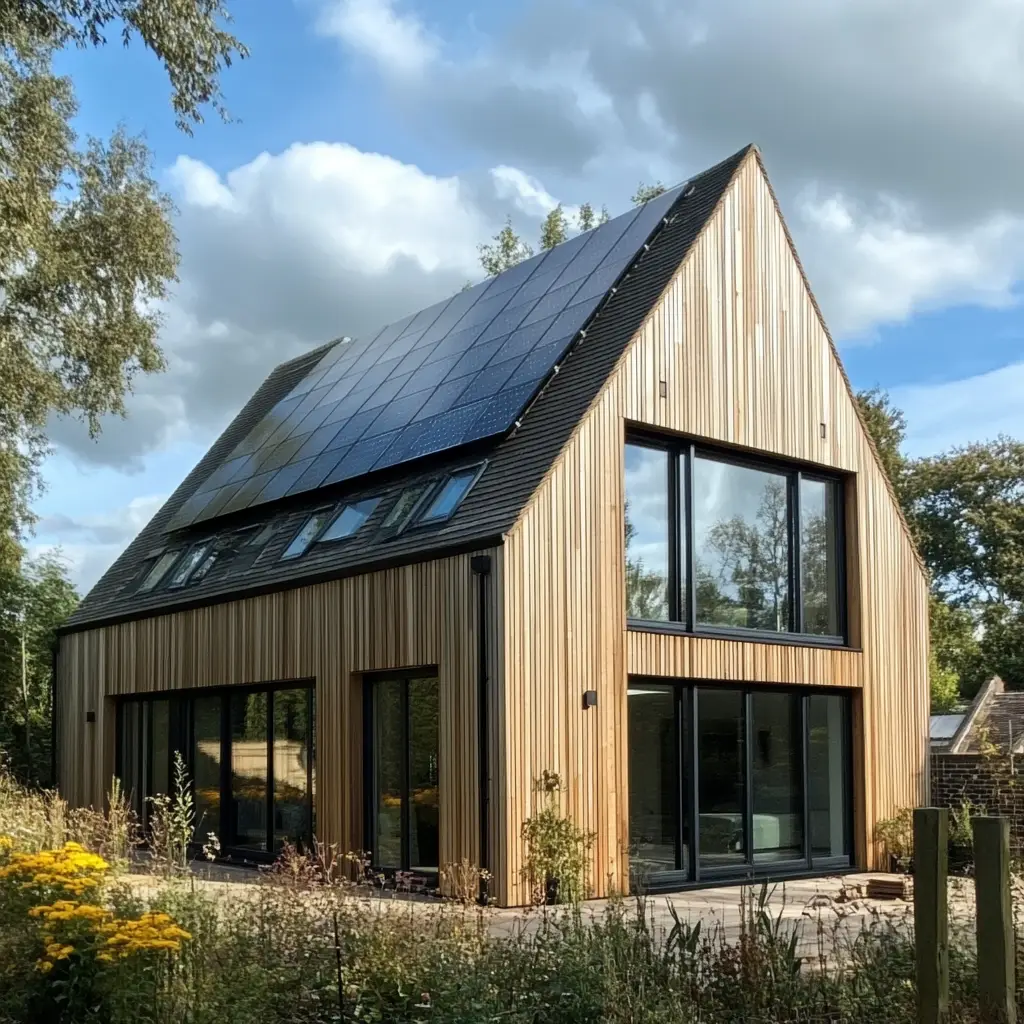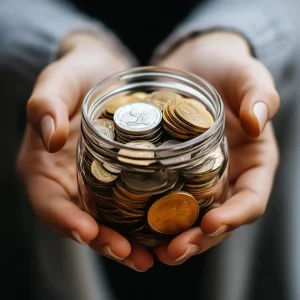What Are the Benefits of Solar Panels?
Solar panels have become an increasingly popular option for homeowners and businesses looking to reduce energy costs and minimise their environmental footprint. But are they worth the investment? Below, we explore the key benefits of solar panels, covering everything from cost savings to environmental advantages.
1. Lower Energy Bills
One of the most immediate benefits of solar panels is the reduction in energy bills. By generating your own electricity, you rely less on the grid and can save hundreds of pounds annually, depending on your energy usage and the size of your solar system.
2. Environmentally Friendly
Solar panels generate clean, renewable energy, which helps reduce carbon emissions. Unlike fossil fuels, solar energy doesn’t pollute the atmosphere, making it a sustainable option for reducing your household’s environmental impact.
Is Solar Energy Completely Green?
While solar energy is much cleaner than coal or gas, the production of solar panels does involve some emissions. However, the long-term environmental benefits far outweigh the initial carbon footprint of manufacturing.
3. Increases Property Value
Installing solar panels can increase your property’s value. Buyers are increasingly looking for energy-efficient homes, and a solar panel system is seen as a valuable upgrade. On average, homes with solar panels sell for more than those without.
4. Low Maintenance Costs
Solar panels require very little maintenance. Once installed, they can last for up to 25-30 years with minimal upkeep, and most systems come with long warranties. Occasional cleaning and a yearly inspection should be enough to keep them running efficiently.
5. Government Incentives and Schemes
The UK government offers incentives such as the Smart Export Guarantee (SEG), where you can earn money for the electricity you export back to the grid. Additionally, solar panels are exempt from VAT on installation, further reducing the initial costs.
Conclusion: Are Solar Panels Worth It?
Given the potential savings on energy bills, environmental benefits, and government support, solar panels can be a worthwhile investment for many UK homeowners. However, the financial returns will depend on your specific energy usage and how much sunlight your property receives.
Related Questions
1. How much do solar panels cost in the UK?
The cost of installing solar panels in the UK typically ranges between £4,000 and £6,000 for a standard 4kW system. The price can vary based on the size of the system, the type of panels used, and installation factors.
2. Can I use solar panels to power my entire home?
In most cases, solar panels alone may not be sufficient to power your entire home year-round, especially in the UK, where sunlight can be limited. However, a combination of solar energy and battery storage can significantly reduce your reliance on the grid.
3. How long does it take to recoup the cost of solar panels?
The payback period for solar panels typically ranges from 10 to 15 years, depending on your initial investment, energy usage, and the amount of sunlight your panels receive. With government incentives, this period can be shorter.




